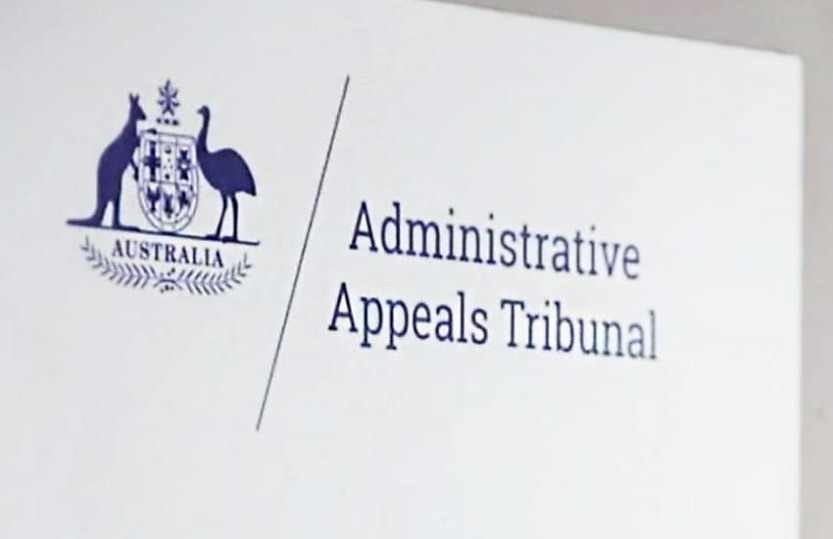Freight company wins small business CGT concession dispute

The dispute in the AAT turned on competing asset valuations by PKF and KordaMentha on behalf of the ATO.
The AAT has ruled that an agricultural freight company can claim CGT concessions on a $3.5 million share sale after finding the ATO overvalued the business’ assets by $4 million in denying the claim.
Deputy president Ian Molloy sided with Mt Noorat Freighters’ valuation of $3 million, prepared by PKF as an expert witness over the ATO’s $7 million valuation prepared by KordaMentha in a judgment handed down last week.
Molloy said PKF took a more realistic approach to the cyclical nature of the agriculture sector and its impacts on Mt Noorat Freighters’ business.
“I am much influenced by PKF’s approach. I believe Mr Lom has given more attention and consideration to this particular business and the circumstances and location in which it operates,” he said.
“I believe PKF has taken a more realistic approach to the cyclical nature of the agricultural sector and how that may, and likely will, affect the MNF business.”
Small business CGT concessions allow taxpayers with net assets of no more than $6 million to disregard or defer some or all of a capital gain from an active asset used in their business under Division 152 of the Income Tax Assessment Act 1997.
In March 2015, the family trust operating the freighter business, Moloney Trust, restructured its holdings on the advice of accountant Crowe Horwath.
JGM, as trustee of the Moloney Trust, sold the Mt Noorat Freighters to itself for $3.5 million, then sold its shares to the business for $3.5 million. JGM was replaced as trustee by the Moloney brothers, Raymond and Anthony.
The trustees apportioned the trust’s income for the 2015 income year between themselves and their wives at 25 per cent each.
The capital gain from the share sale was also distributed equally among the beneficiaries after applying the CGT discount and small business concession, based on a valuation from November 2014 at $3.5 million.
The ATO argued the Moloney Trust was not entitled to the CGT concessions after calculating the business had a market value of $10.64 million, substituting this calculation in place of the sale price of the shares under section 116-30 of the ITAA on the basis the share sale was not conducted at arm’s length.
However, Molloy, while agreeing the parties did not deal with each other at arm’s length, set aside the ATO’s amended assessments, ruling the Moloney Trust satisfied the $6 million maximum net asset value test to qualify for the CGT concessions.
Molloy considered the competing positions between PKF, on behalf of the Moloneys, and KordaMentha, on behalf of the ATO in calculating valuations based on a maintainable earnings methodology.
He found that KordaMentha calculated its higher maintainable EBITDA of $1.85 million by “placing greater weight on the revenue of the business in the more recent period before 25 March 2015, and reflects a continuation of a trend of increasing revenue”.
Meanwhile, he said PKF’s range of $1.6 million to $1.7 million took the view that “a prudent purchaser would not assume such a trend would necessarily continue given the nature of the business”, favouring this view considering historical results and sector-specific risks.
On capitalisation multiples, KordaMentha opted for a range of 5.5-6 while PKF applied a 25 per cent marketability discount for unlisted entities. Molloy also supported PKF’s lower multiple range as a realistic assessment of the business's risks and market conditions.
“I firmly believe that Mr Lom’s approach is to be preferred,” he said, concluding that the Moloneys established they were eligible for CGT concessions, setting aside the ATO’s objection decisions.
About the author

